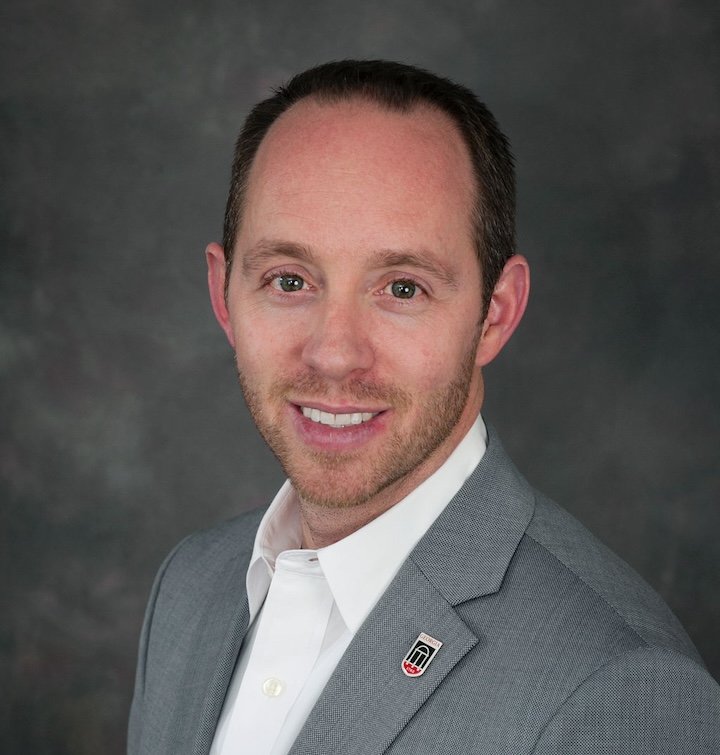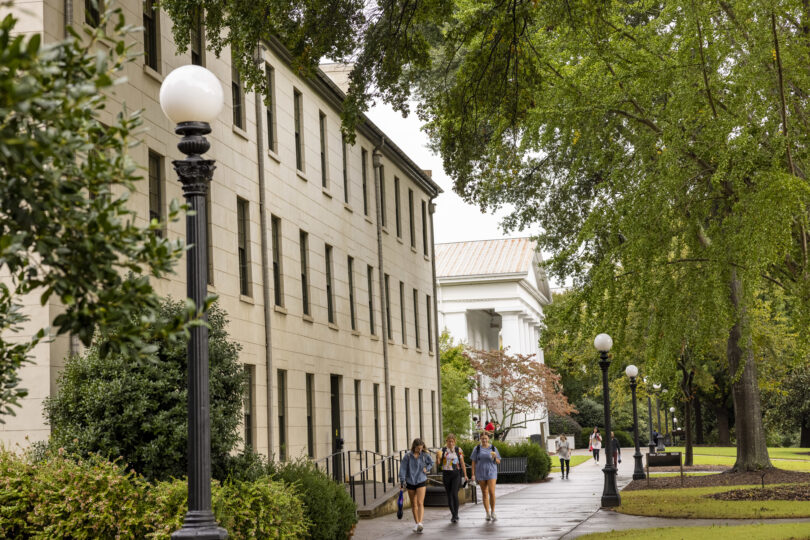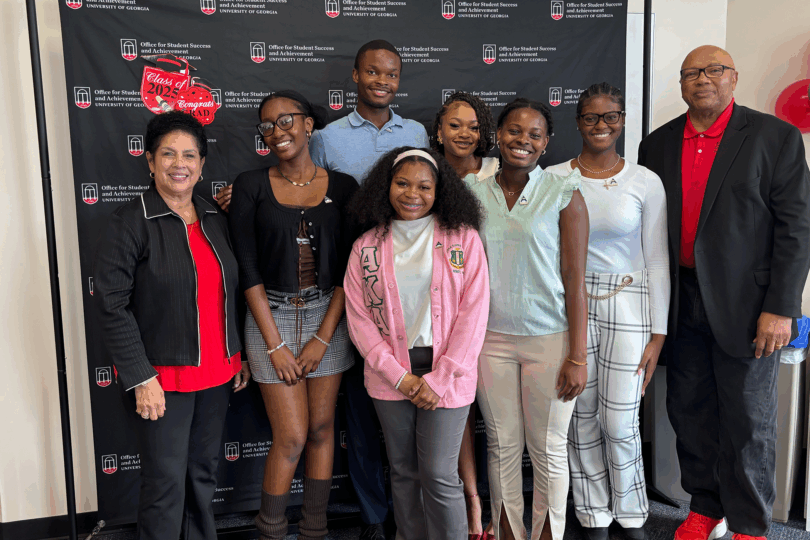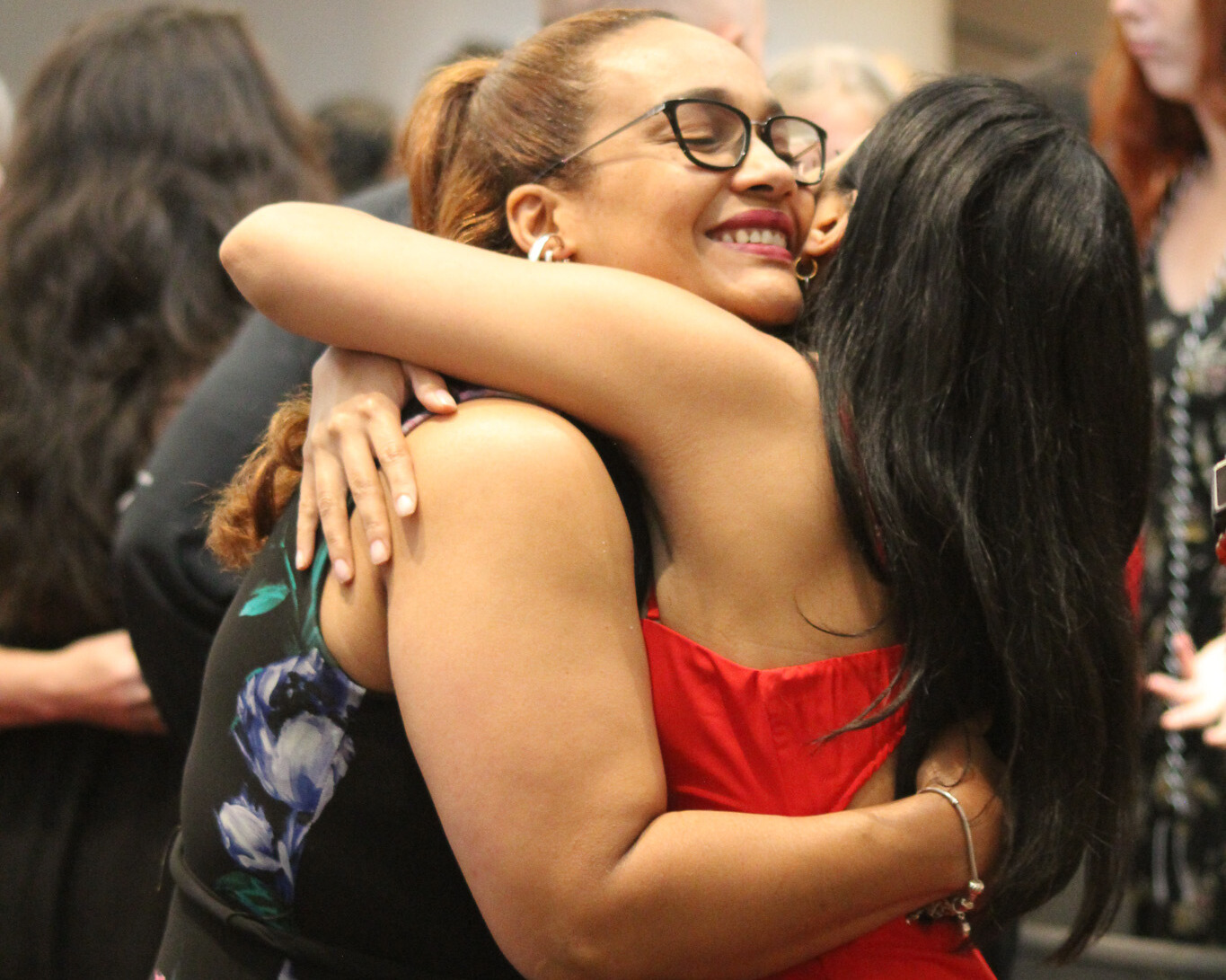I believe teaching is a process where students are actively engaged in the learning experience, garnering collaborative and independent skills for future synthesis of information. I like to see the classroom as an interactive atmosphere where students participate in class discussions, and my goal is to organize and foster those interactions so all students feel engaged. I have had the opportunity to teach in several learning settings – in a larger theater-style undergraduate classroom, in smaller, hands-on biology laboratory courses, and in a graduate-level course where the curriculum was critical-thinking and synthesis based. In each instance, my teaching style consisted of challenging students to elevate their understanding of course material through an enjoyable and interactive process, maintaining respect for all learning styles while upholding the academic standards of the University.
I believe in presenting material in diverse formats with the goal of capturing student attention and eliciting further interest in the subject matter. In my large undergraduate classroom, students may expect to see a combination of video and audio media to provide multiple points of view or expertise on a topic, as well as computer-based activities to engage students in the material. Students typically participate in interactive chalkboard writing exercises to visually describe a key concept, and in some instances students may be asked to volunteer to serve as the leader of an activity in order to further engage students in the lecture narrative. Finally, I often feature real world examples in lecture, which can serve to deepen students’ conceptual understanding of the material, and I hope may even promote students to extend and integrate lecture concepts within other learning opportunities and into the working world.
I strive to recognize each student as an individual with distinct talents, views, and potential, and I hope to nurture and encourage these attributes in positive ways. As much as my teaching is aimed at facilitating a positive learning process for the students, it is also a learning process for me; I believe there is always something to be gained from each teaching experience as I continually work to become a more effective teacher and mentor. The students I interact with inspire me to think creatively and accomplish more as I seek to provide transformative learning experiences. As a teacher, I am constantly evaluating my classroom objectives to gauge whether they are effectively translating to student outcomes. Continued incorporation of triangulated feedback from my students, colleagues, and self-reflection ultimately results in the refinement of my own classroom techniques and enriched scholarship of both student and teacher. It is a privilege to take part in the intellectually stimulating, challenging, and gratifying experience of teaching.




